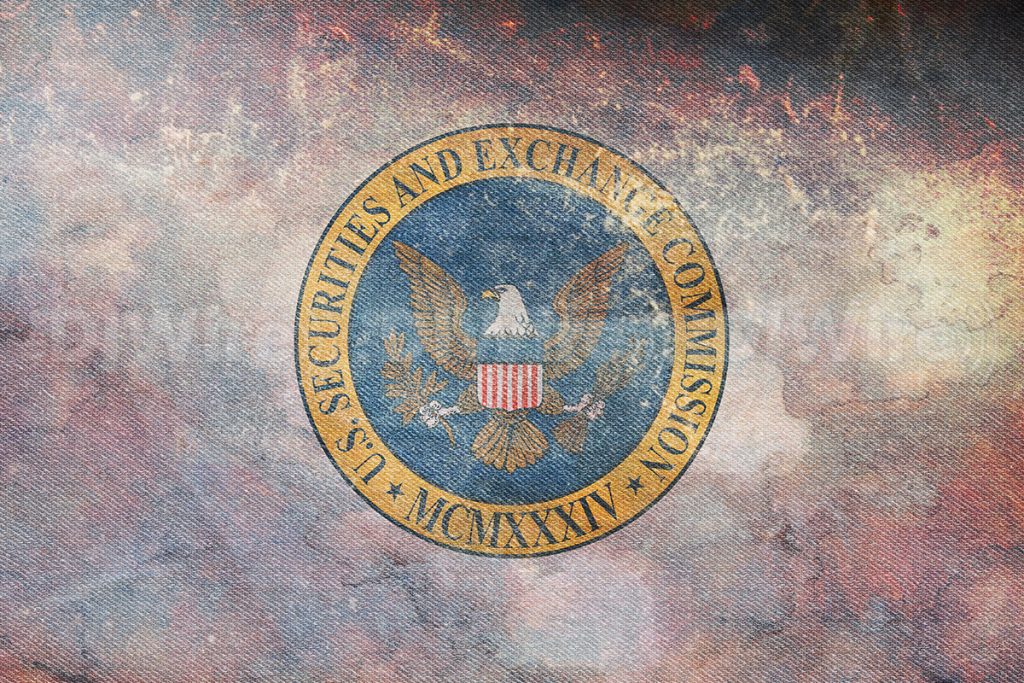Opinion: How the SEC’s Internal Failures Undermine Investor Trust

By Publius
The Securities and Exchange Commission recently exposed significant shortcomings in its internal control systems, placing its role as the financial sector’s watchdog under scrutiny. In April 2022, the SEC openly acknowledged a “control deficiency” between its enforcement division and its adjudication division. Specifically, employees gained unauthorized access to confidential legal memos, compromising the integrity of multiple ongoing investigations.
Subsequently, in June 2023, a follow-up statement unveiled that the problem was even more extensive than initially indicated. More than 100 cases had been compromised as a result of this “deficiency,” leading to dropped charges, lifted professional bans, and a weakened foundation of trust between the public and the SEC.
The Paradox of Enforcement
The SEC’s inability to uphold its internal controls is ironic, particularly when considering the Commission’s stringent enforcement actions against external firms for comparable lapses. A case in point involves the recent $35 million fine the SEC imposed on a company for merely “paying lip service to internal compliance procedures,” as reported by Workforce Bulletin from Epstein Becker & Green P.C. While the SEC manifests an apparent zero-tolerance stance toward lapses in external entities, it seemingly adopts a far more lenient attitude toward its own transgressions. Would the SEC graciously accept an unadorned “apology” from a small advisory firm found violating similar internal control deficiencies? The likelihood appears remote, thus spotlighting the SEC’s own inconsistencies and introducing skepticism about its authentic commitment to regulatory enforcement and investor protection.
The Imperative of Separation of Powers: Recent SEC Missteps
The recent lapse in the SEC’s internal controls magnifies existing concerns about its use of in-house administrative law judges (ALJs). The U.S. system relies on a separation of powers to prevent any single entity from accumulating excessive authority. The 2018 Supreme Court ruling in Lucia v. SEC already put the SEC’s ALJ practices under scrutiny, highlighting potential constitutional issues.
Amidst this backdrop, recent allegations that SEC employees engaged in insider trading underscore the agency’s failure to maintain its own internal integrity. These lapses raise urgent questions about the SEC’s capacity for self-regulation and impartial adjudication. The agency’s internal failings erode public trust and prompt critical questions about its commitment to governance principles, thereby emphasizing the necessity for immediate reform within the SEC and the broader financial oversight system.
Consequences for the Financial Sector: Erosion of Regulatory Trust
The SEC, charged with safeguarding investors, undermines its mission through its recent operational lapses. Dismissed cases involving severe fraud allegations hamper justice and financial redress for wronged investors, allowing accused parties to keep ill-gotten gains. This failure tarnishes not only the SEC but casts a pall over the broader financial industry, making securing public trust even more daunting.
When a regulatory body like the SEC knowingly or negligently violates laws it is supposed to enforce, it erodes public confidence and the integrity of the financial system. Such actions raise the question: How can regulators who do not adhere to legal and ethical standards be trusted to enforce them? This issue goes beyond operational incompetence; it underscores a moral crisis that necessitates immediate reform within the SEC and the broader regulatory framework.
The recent failings of the SEC serve as a cautionary tale, illustrating the urgency for regulatory bodies to be not just administrators but also exemplars of the principles they are tasked to uphold.
A Moment for Reflection
It is generally expected that the SEC should set the industry standard for ethical and operational integrity. However, the organization appears to be more concerned with preserving its own interests than with protecting those whom it is mandated to serve. This internal failure constitutes more than a mere operational lapse; it represents a profound betrayal of the SEC’s mission and the stakeholders it pledges to protect.
I encourage your reflections and thoughts on these alarming developments. How do you assess the SEC’s recent misadventures? What are your perspectives on the separation, or the notable lack thereof, of powers within the SEC? Please visit our website at publiusconnect.com for additional articles and a platform to share your views.
Let us collaborate to instill much-needed fairness and accountability in our regulatory frameworks.
Editor’s note: The author of the preceding article is a chief executive officer in the financial services industry, who, for fairly obvious reasons, elects to share his thoughts on this subject anonymously. The DI Wire does not normally publish articles that do not disclose the author. In this instance, however, we have allowed it given the nature of the piece, the importance of open discussion and varying viewpoints, and the fact that we have personally confirmed Publius’ identity.
The views and opinions expressed in the article are those of the author and do not necessarily reflect the views of The DI Wire.

